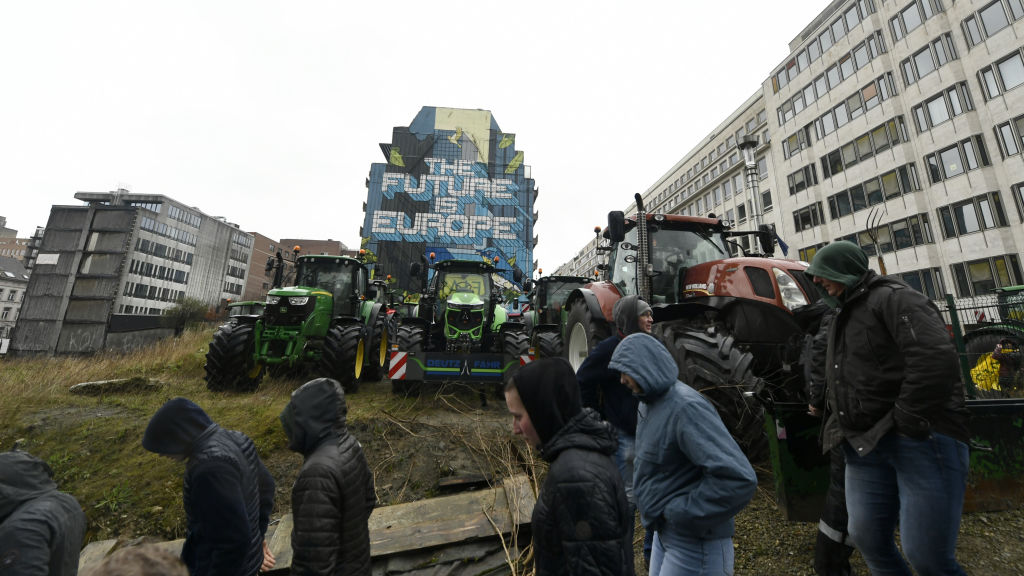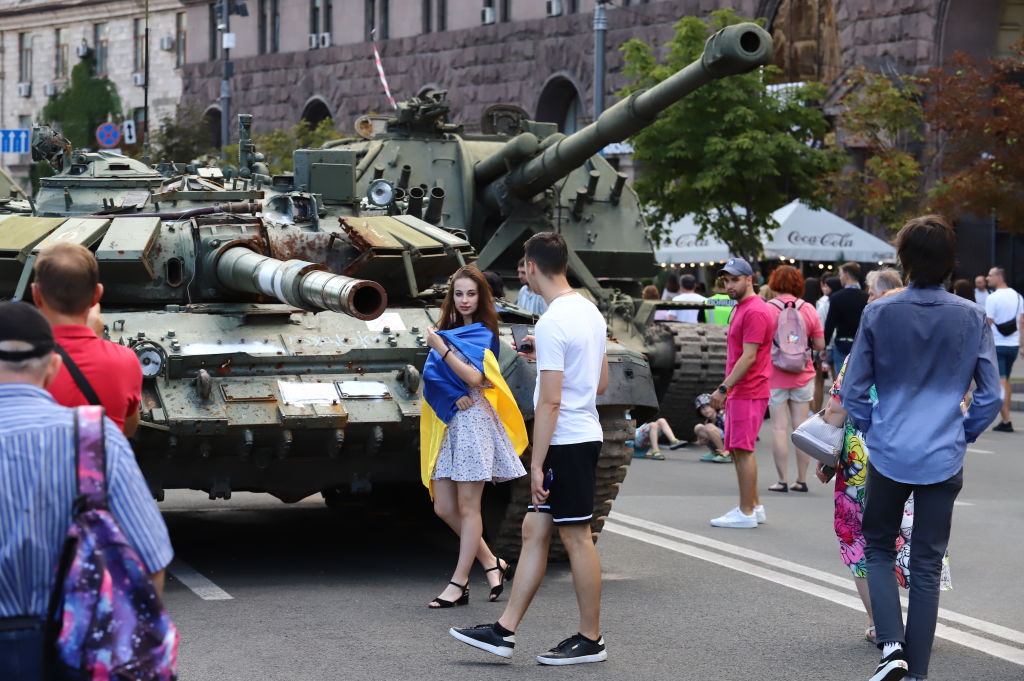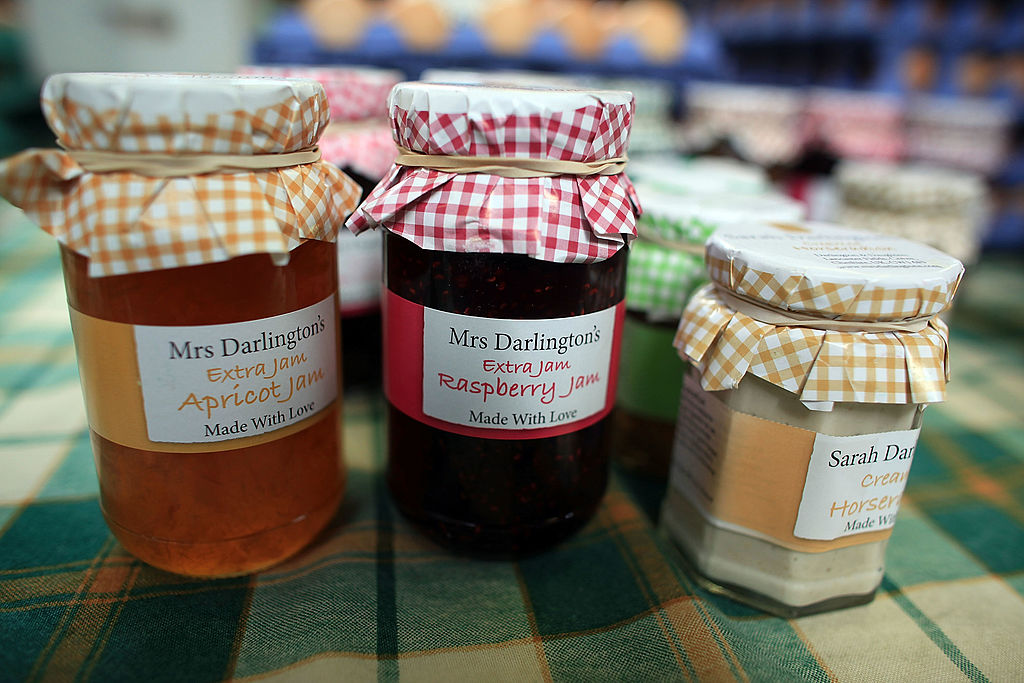The European Parliament has backed European Union farmers on the sensitive topic of Ukrainian agricultural trade.
MEPs voted on March 13 to shoot down a European Commission proposal aimed at maintaining looser restrictions on Ukrainian agricultural imports entering the EU.
Such imports have been the subject of numerous protests by EU farmers, especially in the East of the bloc.
While politicians initially supported the EC proposal at the committee level, MEPs turned on it during this week’s plenary session.
MEPs voted to amend the bill, approving the addition of increased restrictions on imported Ukrainian products, such as cereals and honey.
In plenary today, MEPs finally decided to show their understanding for affected ?? producers by adopting the limited, yet very necessary amendments, to the Commission’s proposal on ??ATMs.
The amendments put forward by most of the political groups, introduce an improvement to… pic.twitter.com/AGveg76uNL
— COPA-COGECA (@COPACOGECA) March 13, 2024
The changes mean the legislation will once again have to be reviewed by the Parliament’s Committee on International Trade. It will now have to hold negotiations with the Council of Ministers regarding the changes.
Farmers’ associations responded positively to the amendments. Six agricultural groups signed a joint statement in the wake of the vote, praising MEPs for the decision.
“Members of the Parliament finally decided to show their understanding for affected EU producers and manufacturers by adopting the limited, yet very necessary amendments, to the Commission’s proposal on Ukraine,” the statement read.
It cautioned that MEPS must now follow-up their votes with firm negotiations with the Council to ensure these protections are not watered down.
“It is now essential for the European Parliament to defend its negotiation mandate in the trilogue!” the groups’ document stated, referring to the coming trilateral, inter-institutional negotiations.
Sławomir Mentzen MP, a leader of the Polish right-wing Confederation party who was at a farmers’ protest outside the Polish Parliament, accused the police of tear-gassing him and other demonstrators who were, he said, behaving peacefully. https://t.co/BBFC0UWAyV
— Brussels Signal (@brusselssignal) March 7, 2024
The March 13 vote result represented the latest political win for farmers at the European level. A growing protest movement has been gripping the continent, producing a shift towards more agri-friendly politics in both Brussels and the other European capitals.
Many of the demonstrations centred on issues to do with EU policy on climate change. Trade with Kyiv was also high on the agenda; farmers in Poland expressed particular concern that their markets would be swamped with much cheaper Ukrainian produce.
One of the largest exporters of grains in the world, Ukraine benefits from fertile soil, low energy and fertiliser costs – and being outside the EU’s regulatory framework.
Apart from limiting the flow of Ukrainian agricultural produce into Europe, farmers are now calling for Brussels to implement a minimum-pricing model for several products, as well as a roll-back on various “green” rules.
The EU has partially acquiesced to some of these demands, reducing several planned environmental restrictions for 2024 after being requested to do so by the French Government.
MEPs have backed the implementation of further protections for so-called “quality” agricultural produce in the wake of the farmers’ protests across Europe. https://t.co/zHF4Y6y3HR
— Brussels Signal (@brusselssignal) February 29, 2024





